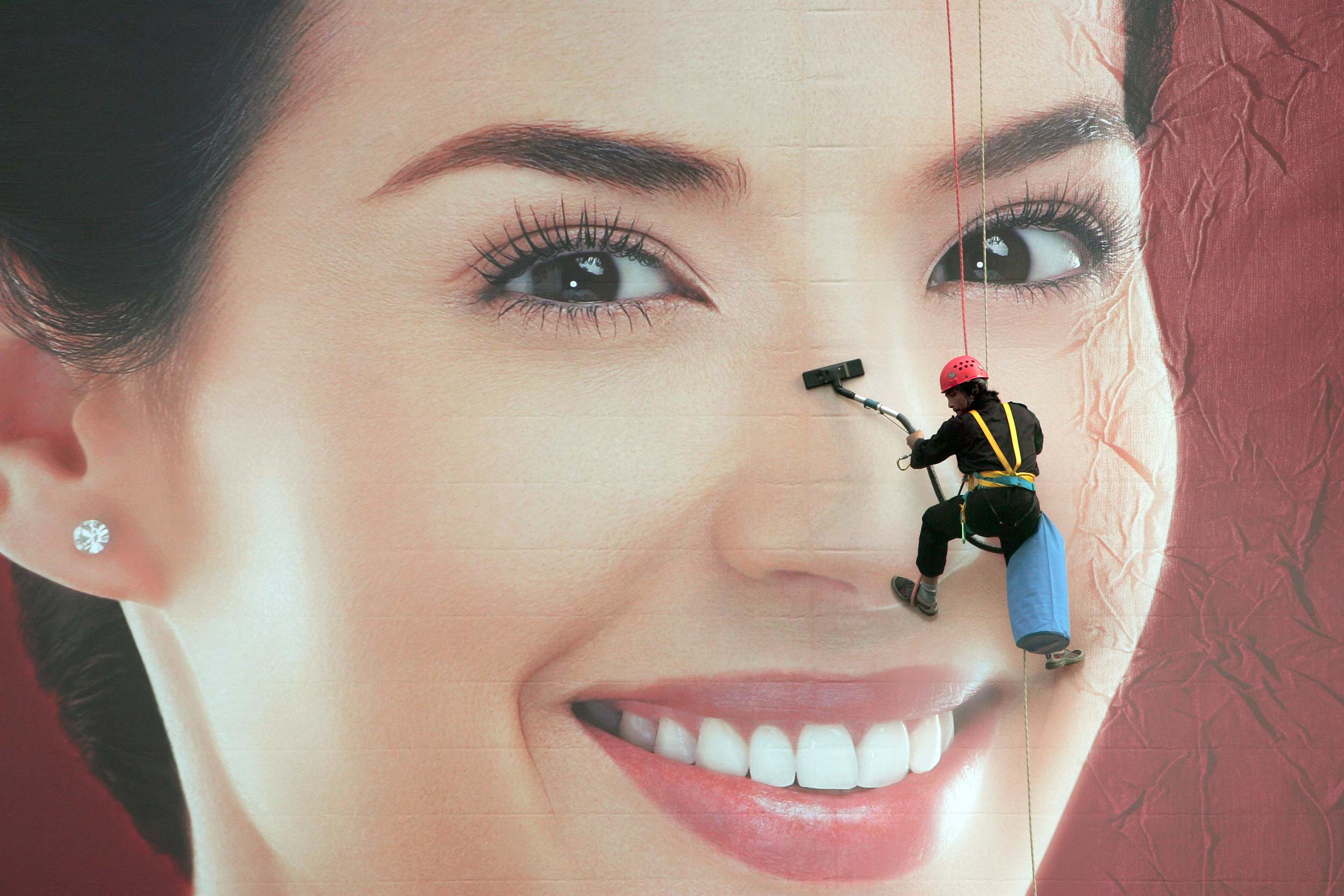The pharmaceutical mega-outlet, CVS, announced on Monday that they will no longer permit or indulge the social fantasy of photoshopped models on their own in-store products. The company said they want to put a stop to “changing or enhancing a person’s shape, size, proportion, skin or eye color, wrinkles or any other individual characteristics.”
In an interview with The New York Times, the company’s president, Helena Foulkes, said the bold decision was made in response “to the bigger conversation women are having over their own level of empowerment in society”.
Keeping with that premise society-wide empowerment for women, CVS has also challenged the numerous brands it stocks, such as L’Oréal, Maybelline, and Cot, to address how they manipulate images of models, encouraging the beauty lines to either amend their policies or implement labeling that informs customers of alterations to the image. Should these brands find the cultural shift to be too au naturel for their liking, CVS will go ahead and implement what they’ve cheekily dubbed the “beauty mark” on all products featuring photoshopped faces.
With five million people passing through the 7,900 CVS stores across the United States on a daily basis – 80 percent of which are women – the announcement is will have a major impact on the ways women (and more importantly, men) conceive of actual beauty, not the hollow ideal conjured at the tip of a retouching tool in a cold, dark room, somewhere.
The idea that altered images can lead to warped conceptions about what we should look like isn’t exactly a new phenomenon. In 2011 the American Medical Association released a report on the significant impact that unattainable body standards could have on children and adolescents. The report encourage advertisers to work with mental health organizations to develop a visual guidelines for advertisements that “discourage the altering of photographs in a manner that could promote unrealistic expectations of appropriate body image.”
Last year, France took the same plunge and passed a law requiring a label on all airbrushed or Photoshopped images. The law applies to both magazines and online, and those to break it face a fine of up to €37,500.
CVS plan to start implementing the ban and beauty mark in April, with the aim to fully phase it in by 2020.







